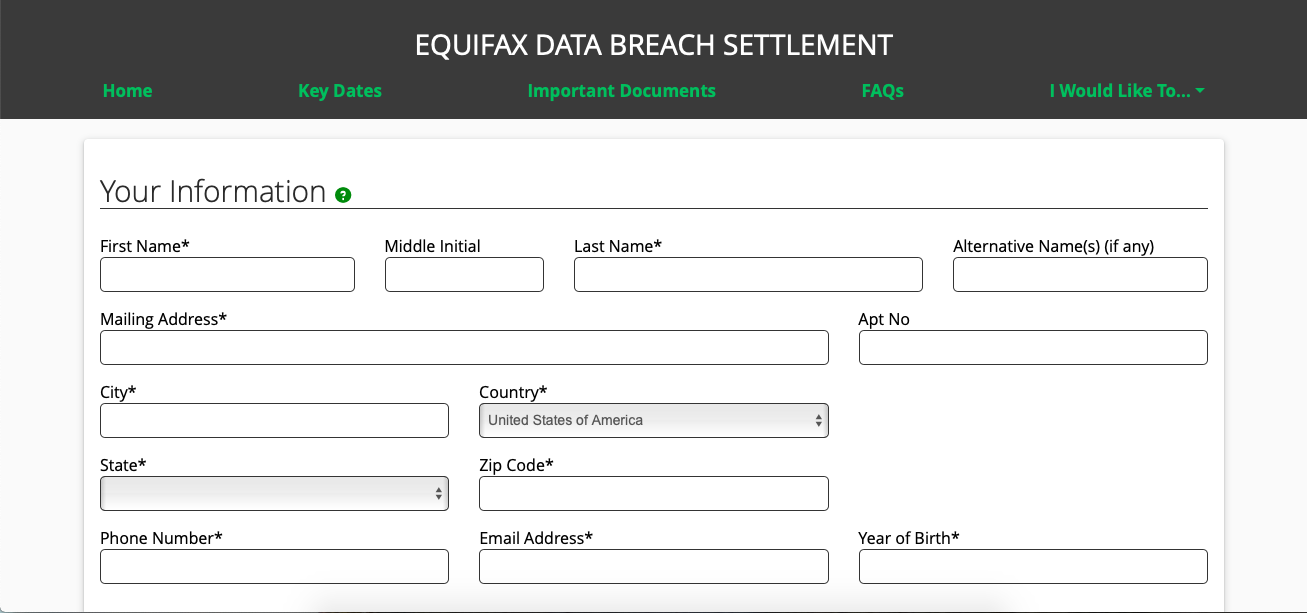
We must give our Social Security Number to our bank to request a credit, for example. However, even with regulations in place, it’s probable that our data will be stolen en masse in one way or another.Ī part of the information we provide to organizations is mandatory, but we give it willingly. Regulations such as the GDPR in Europe have broadened that spectrum with the intention of protecting our data as broadly as possible. What originally was just your Social Security Number or email address, is now your IP address, the biometrics of your face, and your geolocation. Our personally identifiable information (PII), or what we normally define as PII, has been extended to more and more things over time. Analyzing the breach step by step, we can protect and prevent another one, now from both sides: consumers, and those who store our data. That is why cases like Equifax, a breach that can still happen in the future with any other entity that stores our data, allow us to understand the big picture. There are several tools available to know if our data was stolen or not, but the uncertainty about whether the data will be used to commit crimes cannot be denied. Three years after the breach, insecurity regarding the fate of the personal data of millions of people is still lingering. The data becomes a gold mine for scammers, who use that information to commit more crimes.īesides that is the legal problem of the use of our personal data, which tried to be regulated in the US with a law introduced to the Senate in 2019, which has not yet been debated. Millions of people having their data compromised and exposed end up paying the consequences of security problems, specific to databases, frameworks, and applications. The ramifications behind the violent theft of personal data extend far beyond. In less than three months, a group of people –whose motives and actions are still being investigated– were able to settle deeply into several computer systems of a company that everyone assumed safe. A group of hackers, using highly sophisticated tools, had a whole summer to extract databases, design tools, analyze data, and avoid any detection by the Equifax security team. Personal data of at least 143 million people was stolen: Social Security numbers, dates of birth and addresses, all “personally identifiable information”, or PII.



Equifax, one of the largest actors in the credit data business, was deeply breached, affecting millions of people around the world. The year 2017 was marked by what could be easily called the fall of an empire.


 0 kommentar(er)
0 kommentar(er)
